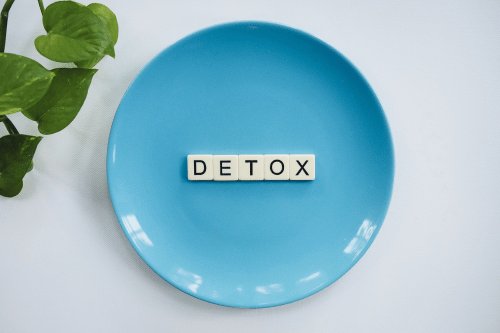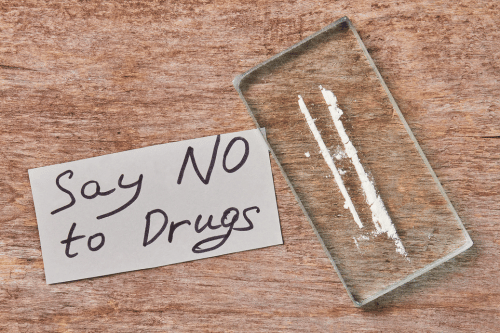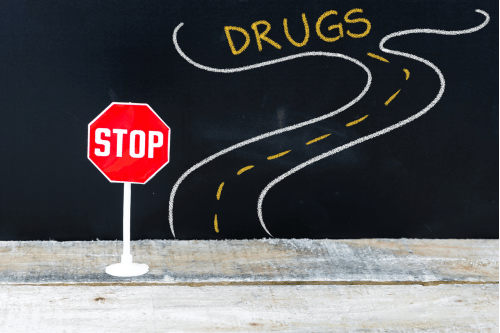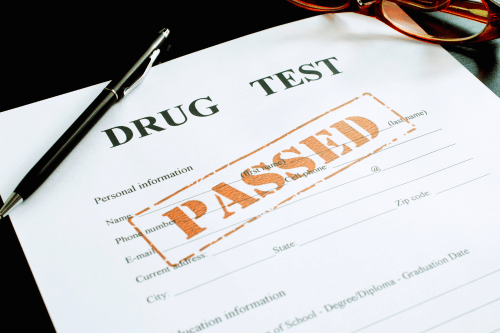

Supervised detox is a critical first step in treating substance abuse, substance dependence, and drug withdrawal. At Sullivan Recovery, we provide supervised detox services for alcohol, opioid, and prescription drug addiction. Our approach ensures patient safety and comfort throughout the detoxification process.
Supervised detox involves medical care to help patients manage withdrawal symptoms safely. It includes medication, nursing, and continuous monitoring. This approach reduces risks such as seizure, delirium tremens, and relapse.
Quitting drugs or alcohol cold turkey can be dangerous. Substances like fentanyl, oxycodone, and methamphetamine can trigger severe symptoms. Supervised detox protects patients from serious health problems and helps them begin recovery safely.
.Medical detox plays a critical role in managing symptoms of substance dependence and drug withdrawal. It involves structured health care, continuous monitoring, and carefully administered medicine. Patients may receive buprenorphine, methadone, or naltrexone based on the substance involved.
Each dose is adjusted to match the patient’s medical history, severity of dependence, and risk of relapse. This process is essential in cases involving opioid use disorder, prescription drug addiction, and alcohol detoxification. The use of medication reduces complications such as seizure, delirium, and unstable vital signs.

Withdrawal from opioids like fentanyl, oxycodone, or heroin often triggers intense pain, insomnia, and gastrointestinal symptoms like vomiting. Supervised detox also addresses the risks of physical dependence and mental health instability.
Alcohol withdrawal may cause delirium tremens, elevated heart rate, tremors, and hallucinations. In both cases, a physician and nursing team monitor blood pressure, provide medications, and ensure hydration to protect overall health. This round-the-clock care minimizes stress and supports a smoother detox process.
With benzodiazepine withdrawal, abrupt cessation can result in dangerous effects like seizure, anxiety, and delirium. Tapering medications such as diazepam or lorazepam helps ease symptoms safely under medical supervision.
For stimulant drugs like methamphetamine or cocaine, supervised detox addresses symptoms such as paranoia, irritability, and disturbed sleep. These substances impact the brain and can worsen underlying mental health conditions. Patients benefit from medication, peer support, and continuous monitoring to reduce the risk of relapse and stabilize mood.
Many patients entering detox struggle with both addiction and mental disorders like bipolar disorder, anxiety, or a personality disorder. This combination is known as dual diagnosis and requires integrated mental health treatment during detox.
At Sullivan Recovery, our program includes access to psychiatry, emotional assessments, and therapeutic support. Stress management techniques and medical intervention ensure both conditions are treated together. This approach improves motivation, prevents relapse, and promotes long-term sobriety.

Therapy during detox plays a vital role in building coping skills and preparing for continued recovery. Patients often experience emotional symptoms like anxiety, mood swings, and guilt during withdrawal. Immediate access to therapy helps manage these challenges.
Evidence-based practices like dialectical behavior therapy support stress management and emotional regulation. Therapy enhances a patient’s motivation to continue with a treatment program and reinforces their commitment to sobriety. It also introduces peer support, which is critical during early stages of detox.
Before beginning supervised detox, every patient receives a full evaluation to identify health risks and appropriate interventions. This includes a review of medical history, current medications, and any prior experiences with substance use or detoxification.
The evaluation checks for factors like pregnancy, heart rate abnormalities, or co-occurring mental health disorders. Monitoring vital signs and conducting blood tests ensure that the treatment center can respond quickly to any complications. This careful process protects both physical and emotional health during detox.
Many detox programs take place in an inpatient setting. At Sullivan Recovery, our inpatient services provide 24/7 nursing, physician oversight, and access to therapy. This structure reduces the chance of relapse and stabilizes the patient for further care.

Most health insurance plans cover detoxification programs and related treatments. Our team helps patients confirm their insurance and access the care they need. We work with various providers to make supervised detox affordable.
Common medications used in supervised detox include:
Each dose is monitored by medical professionals to ensure safety.
Attempting drug detox without support increases the risk of seizure, delirium tremens, and relapse. Substances like alcohol, opioids, and sedatives require medical attention during detox. Supervised detox reduces these health risks.
During detox, we closely monitor each patient’s vital signs, including blood pressure, heart rate, and temperature. We use blood tests when needed to evaluate overall health. This helps us adjust treatment as symptoms change.
Detox is just the beginning. After supervised detox, patients move into structured treatment programs that include therapy, peer support, and stress management. These services are essential for long-term sobriety and quality of life.
Supervised detox helps patients safely withdraw from drugs like oxycodone, diazepam, and morphine. These substances cause high physical dependence and difficult withdrawal symptoms. With medical support, patients detox safely and prepare for recovery.

Withdrawal often includes severe pain, especially for patients addicted to opioids or sedatives. Our supervised detox program uses a mix of medication and therapeutic support to manage pain. This helps patients remain comfortable and committed to the process.
Psychiatry is essential in detox, especially for patients with dual diagnosis. Psychiatric evaluations help manage mental conditions like bipolar disorder or anxiety. Medication may be started or adjusted during detox to support mental health stabilization.
Supervised detox includes access to peer support and emotional care. Group support improves motivation and reduces feelings of isolation. Encouragement from staff and peers makes the detox process more manageable.
Some people need specialized detox care, including pregnant individuals and those with chronic illnesses. At Sullivan Recovery, our medical team designs custom detox plans to address unique health risks. Safety and well-being remain our top priorities.
Sullivan Recovery provides evidence-based supervised detox in Mission Viejo, California. Our program includes:
We help each patient begin recovery with structure, safety, and support.
At Sullivan Recovery in Mission Viejo, we specialize in supervised detox that prioritizes safety, structure, and individualized care. Our medical team uses evidence-based detoxification protocols to manage withdrawal symptoms while monitoring vital signs and adjusting medication as needed. We treat a wide range of substances, including opioids, benzodiazepines, alcohol, and prescription drugs.
What sets Sullivan Recovery apart is our seamless transition from medical detox into structured outpatient care. We provide integrated mental health treatment, therapy, and dual diagnosis support, all under one roof. With a focus on clinical excellence and personalized care, our program helps clients move from detox to long-term sobriety with confidence and support.
Supervised detox is the first step to breaking free from addiction. With the right care, patients can safely manage drug or alcohol withdrawal and enter long-term treatment. Contact Sullivan Recovery today to start healing.
At Sullivan Recovery, as an in-network provider we work with most insurance plans, such as:
And More
If you or a loved one are struggling with mental health challenges or substance abuse, reach out to Sullivan Recovery today. Our team of compassionate professionals is here to support your journey towards lasting well-being. Give us a call at 949-836-7180.
The length of supervised detox depends on the substance used, the severity of dependence, and the patient’s overall health. Most detox programs last between 3 to 10 days, but some may extend longer if symptoms are severe or multiple substances are involved.
Policies vary by treatment center, but most supervised detox programs limit personal items and phone use to reduce distractions and protect patient safety. It’s best to check with the facility in advance about what is allowed.
In many cases, yes. If a person has developed physical dependence on a substance, completing a supervised detox is often required before entering outpatient treatment. This ensures the patient is stable enough to engage in therapy and recovery work.
Yes, if clinically appropriate. Medical staff may prescribe medications to manage insomnia and improve sleep during supervised detox, especially if poor sleep increases risk of relapse or worsens mental health symptoms. All treatments are based on individual evaluations.